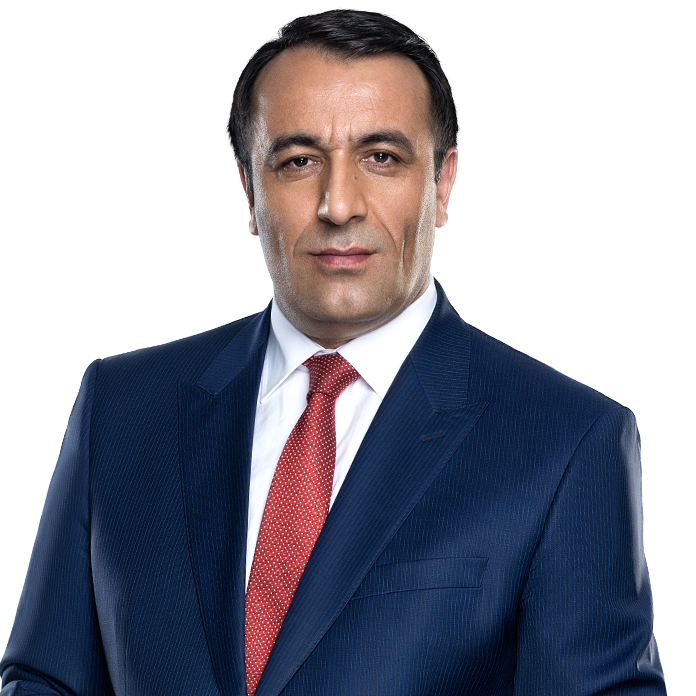It is clear that trade in local currencies will give new momentum to boosting trade among developing countries. Trade in local currencies has also been frequently expressed in Turkey in recent years. In particular, the use of local currencies in our trade with emerging economies, with which we have intense business relations, is on the agenda.
Russia and Iran, from which Turkey imports energy, are the most important of these countries. Another country is China. The use of local currencies in trade with Russia, Iran and China is one of the major economic topics in summits where leaders of the three countries meet.
One of these summits was last week’s Developing Eight (D-8) summit in Istanbul. Trade in local currencies, which was also on the agenda at the D-8 summit, signals that developing countries will strengthen local trade. This will be a win for both sides.
During the summit, a will emerged among D-8 countries regarding trade in local currencies. When we look at the history of the D-8, we see that it was formed as a result of a challenge to the strong economic relationship between developed countries.
The D-8 was established in 1997 after the meeting of the heads of states / governments in Istanbul. The total economic size of D-8 countries is $3.77 trillion and its population consists of a total 1.1 billion.
The characteristics of D-8 countries are both similar and different. This group includes Turkey and Indonesia, the two G-20 countries, and Iran, Pakistan and Bangladesh, which have the potential to be an economic power in Asia. It has Malaysia from the Far East, Egypt from North Africa, and Nigeria from Africa, all of which can have significant economic powers. The common point of these countries is Islam.
The trade volume of $100 billion in an integration like the D-8, which is an Islamic platform and represents developing countries with an important mission, is very low.
There may be different economic, political or other factors in the low level of trade among D-8 countries. Leaving all these reasons aside, there is an obvious truth. There is a serious obstacle to the trade activities of underdeveloped or developing countries, including the D-8 group countries: foreign currency pressure.
The solution is, as President Erdoğan stated, the use of local currencies in trade. The use of local currencies is the most important means of preventing the stress of developing economies, especially the ones which experience foreign exchange troubles and are under an exchange rate pressure.
For this, the D-8 can function as a leading platform. The creation of an economic integration between Muslim countries will both be a role model for developing countries and will initiate a shift in the codes of international trade determined by developed economies. So, the D-8 will be considered an "economic power."
In order for this integration to become an "economic power," they need to increase trade between countries, and remove trade obstacles.
What should be done to be successful in trade with local currencies?
First of all, trade surpluses must be dissolved through the exchange that the Central Banks of countries carry out. In other words, not converting surpluses into other reserve currencies is a prerequisite for increasing the trade in local currencies.
If countries with trade ties have the domestic currency of another country, it should be possible for these currencies to be provided as domestic currency loans among the countries. In this way, providing a facilitative incentive will encourage local trade.
To this end, the use of credit instruments must be allowed and the banking system needs to be harmonized between countries.
In the opening speech of the D-8 Summit, President Erdoğan presented the mission and target of the D-8, saying: “If we can open the path of using our national currencies in trade between our countries, we will have achieved a revolution in the history of D-8."
If the D-8 really achieves its goal, the economic and political integration that the late Erbakan, the architect of the D-8, imagined among Muslim countries will come true.
Why not?




















